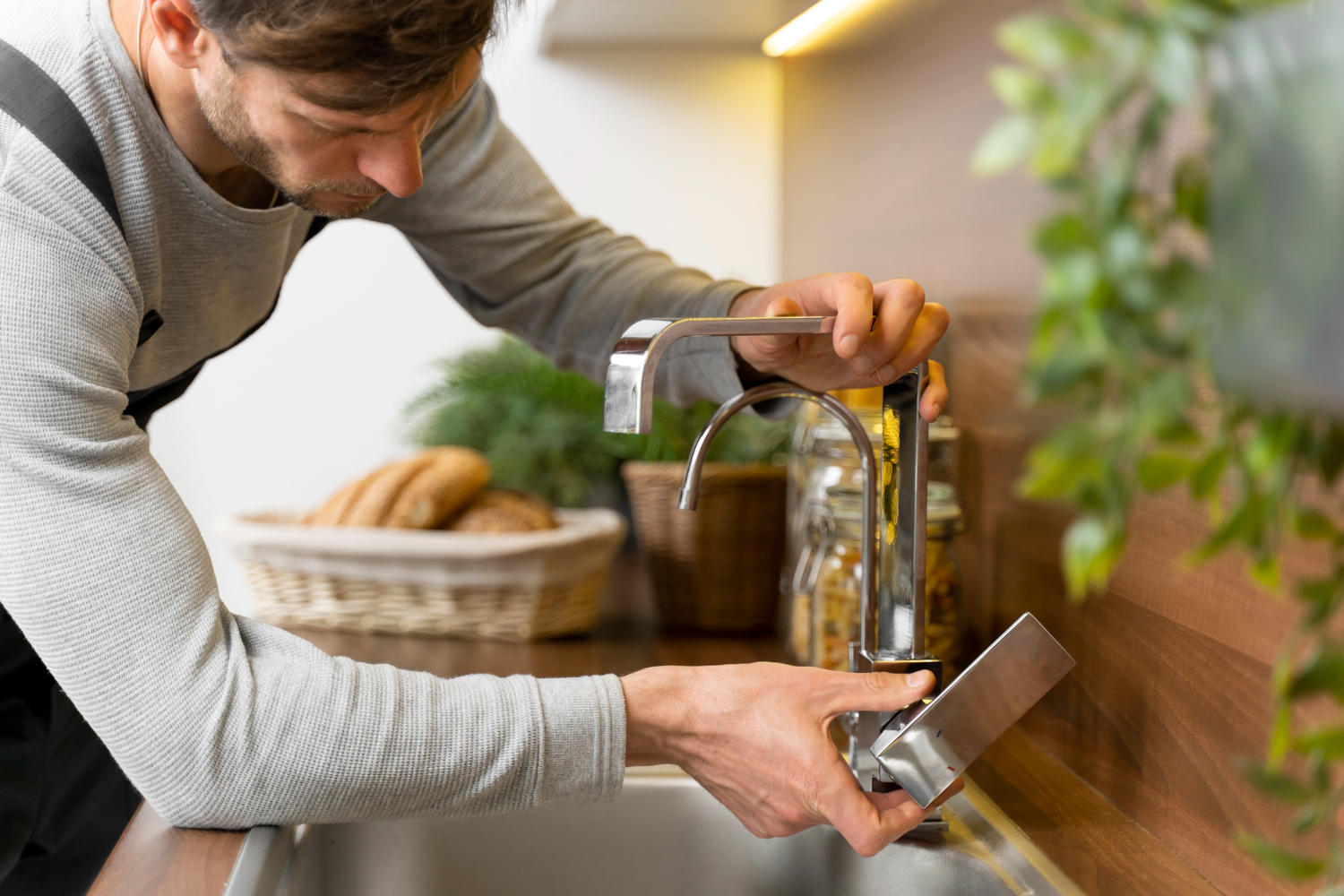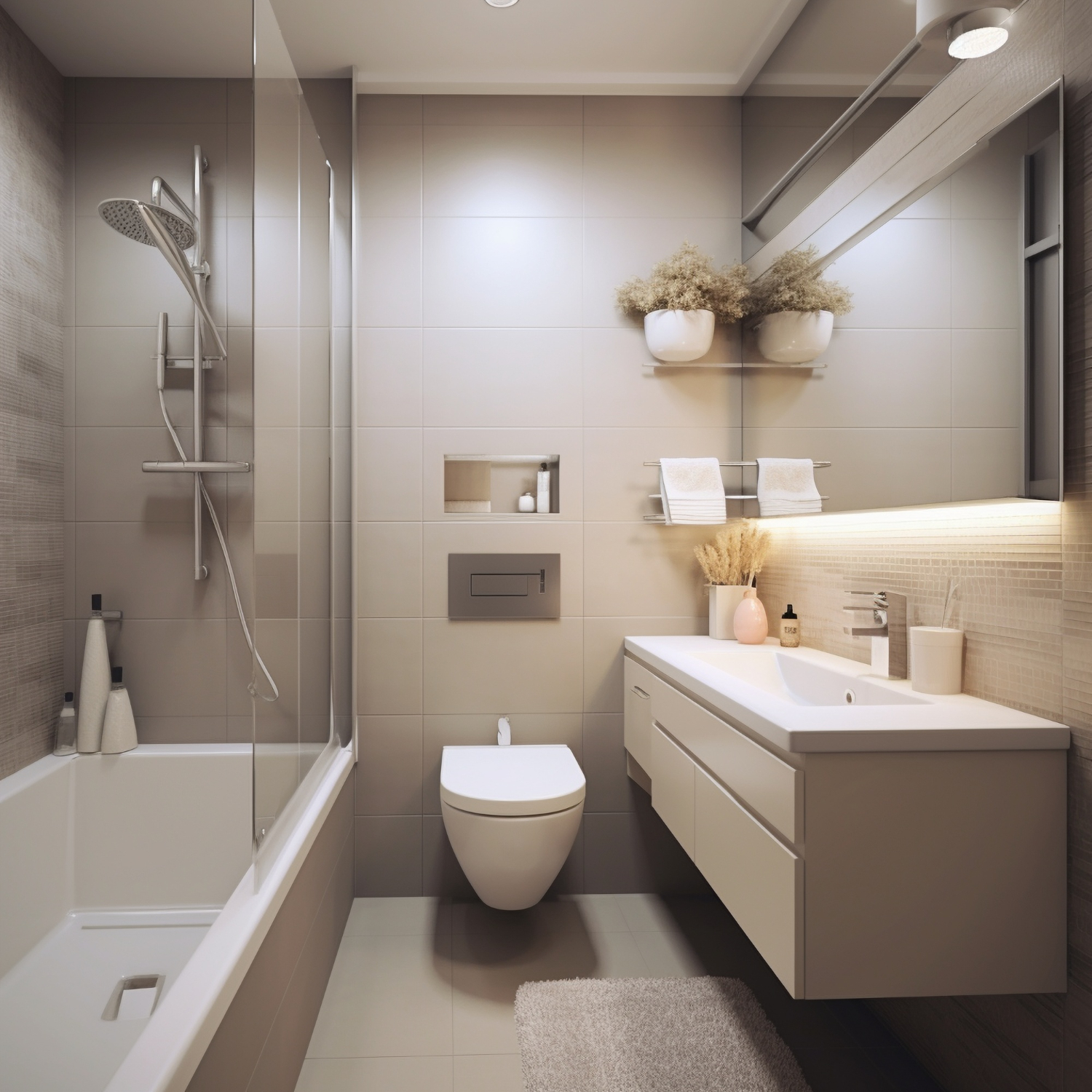- 13 reads


Plumbing is a key component of resource conservation in our homes. There are various piping tricks that can have a big influence on your utility costs and environmental footprint, from cutting down on water waste to saving electricity. We'll look at eight practical solutions in this article to help you use less water and energy. You can save money while also helping the environment by putting these suggestions into practice.
Regular Maintenance and Inspections
The key to making sure your system runs effectively is preventive maintenance. Check your appliances, faucets, and pipes frequently for any indications of wear and tear, corrosion, or leaks. Promptly addressing these problems can reduce future water waste and expensive repairs. To identify any issues before they worsen, think about having a professional evaluate your infrastructure annually. With this proactive strategy, you may create a more sustainable house by conserving both water and electricity.
Regular maintenance prolongs the life of your plumbing system and saves you money on expensive repairs. By maintaining pipes and fixtures, you'll avoid the need for replacements, saving money and lessening your influence on the environment.
Upgrade to Energy-Efficient Appliances
Replace your appliances with energy-efficient models when the time comes. Seek out appliances that have the ENERGY STAR designation, which certifies that they adhere to strict efficiency standards. Appliances with the ENERGY STAR label consume less water and electricity, which lowers your usage and utility costs. Whether you're upgrading a water heater, dishwasher, or washer, selecting energy-efficient solutions can significantly reduce the amount of resources used by your household.
Efficient appliances improve the operation of your home while simultaneously consuming fewer resources. Many of these appliances include cutting-edge features like quicker wash cycles or programmable water temperature settings that enhance performance and convenience.
Insulate Your Pipes
An energy-saving move is to insulate the pipes in your infrastructure. Hot water might lose heat as it moves from the water heater to your taps and showers if the pipes are not insulated. Due to the heater having to work harder to maintain the specified temperature, electricity consumption increases.
Insulating your pipes will save you money on heating expenses and any repairs by preventing pipes from freezing in cold weather in addition to aiding in heat retention. You'll waste less water since you'll wait less time for hot water to get to your faucets. Daily activities like dishwashing and taking showers are made more efficient and enjoyable by the increased convenience.
Fix Leaking Pipes and Faucets

Leaking pipes and faucets are among the most typical causes of water waste in houses. The Environmental Protection Agency (EPA) estimates that hundreds of gallons of water might be lost annually by a single leaky faucet. Repairing these breaches as soon as possible is crucial. You can use online directories or ask friends and neighbors for referrals to discover the best plumbers near you.
Quickly resolving problems will drastically reduce your water bills in addition to preventing water waste. Fixing leaks not only saves water but also shields your house's structure from potential harm. By addressing leaks immediately, you protect your property and your loved ones while also conserving resources.
Install Low-Flow Fixtures
Traditional faucets and showerheads can waste water and electricity by using excessive volumes of water. Putting up low-flow fixtures is an easy but efficient technique to reduce usage. For homeowners who are concerned about conserving water, these fixtures reduce water flow without lowering water pressure.
You can cut your usage by up to 60% by making this change, which will result in significant water and energy bill savings. By decreasing wear and tear, low-flow fixtures help increase the lifespan of your plumbing system. Less pressure on pipes and valves due to the reduced flow rate means fewer maintenance concerns and valve replacements.
Opt for Tankless Water Heaters
Even when you're not using it, conventional water heaters continuously store and heat water. Higher electricity bills may result from this ongoing energy use. Tankless water heaters, on the other hand, only heat water as it is needed, doing away with the requirement for a storage tank. You can cut your costs by up to 30% and eliminate energy waste by choosing a tankless water heater.
Tankless heaters also last longer, which lowers maintenance and replacement costs. Since they are significantly smaller than conventional tank-style heaters, they are also space-efficient. As a result, you may have additional areas for storage or other uses in your utility room or basement.
Use a Dual-Flush Toilet
A major portion of residential water use is for toilets. Modern dual-flush toilets provide users the option of utilizing a lesser volume for liquid waste and a higher volume for solid waste, whereas older toilets can consume up to 5 gallons of water every flush. You can save up to 50% on water per flush by installing a dual-flush toilet, which adds up to significant long-term water and energy savings.
This environmentally friendly update is advantageous for both the environment and your budget. Toilets with dual flushes are not only functional but also attractive. This fusion of design and utility raises the value of your house while lessening its environmental impact.
Collect Rainwater for Outdoor Use

Consider installing a rainwater harvesting system to gather rainwater for use outdoors if you live in a region with frequent rainfall. You can use this water to flush toilets, water your yard, and even for gardening. You can greatly lessen your reliance on treated municipal water by using rainwater for these uses, which will result in lower expenses and a smaller environmental effect. Rainwater harvesting systems are a useful addition to your property because they are a reasonably simple item to install and maintain. You can choose the one that best suits your demands and available space because they are available in a variety of sizes and styles.
Using these plumbing tips can reduce your household's water and electricity usage. Every effort counts in lowering your environmental impact and electricity costs, whether it's repairing leaks, updating fixtures, or buying energy-efficient appliances. By making these adjustments, you'll not only improve your financial situation but also significantly contribute to safeguarding limited resources for future generations.

